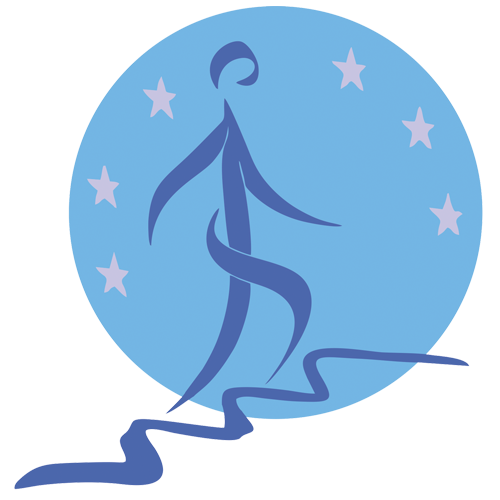



 The Recommendation on preventing and combating sexism has been adopted yesterday by the Council of Europe’s Committee of Ministers.
The Recommendation on preventing and combating sexism has been adopted yesterday by the Council of Europe’s Committee of Ministers.
In response to the #MeToo and other recent movements that have heightened awareness of persistent sexism in society, the Council of Europe’s Committee of Ministers adopted the first-ever international legal instrument to stop sexism, which includes the first international definition of sexism.
UWE President Anne Nègre, as the representative of the Conference of INGOs, was in the writing group and is very happy of this result.
The recommendation stresses that sexism is a manifestation of “historically unequal power relations” between women and men, which leads to discrimination and prevents the full advancement of women in society.
Because it is “widespread and prevalent in all sectors and all societies, and (…) sexism and sexist behaviour are rooted in and reinforce gender stereotypes,” sexism is defined for the first time ever in a dedicated legal instrument to tackle it, via a comprehensive list of measures and areas where sexism occurs, from advertising and media, to employment, the justice sector, education and sport. The text in particular aims to shed light on what sexist behaviour is and proposes concrete ways for different actors to identify and address them.
It requests that member states monitor progress in implementing its guidelines and to inform the Council of Europe’s Gender Equality Commission of measures taken and progress achieved.
The recommendation aims to address issues with which women, but also sometimes, men, are confronted with every day. Notably, it makes the link between sexism and violence against women and girls, explaining that acts of “everyday” sexism are “part of a continuum of violence that create a climate of intimidation, fear, discrimination, exclusion and insecurity which limits opportunities and freedom.”
Examples of recommended action include legislative reforms that both condemn sexism and define and criminalise sexist hate speech, and provide for appropriate remedies for victims of sexist behaviour.
The recommendation calls on states to use awareness-raising measures including “speedy reactions” by public figures, in particular politicians, religious, economic and community leaders, and others in a position to shape public opinion, to condemn sexism.
The recommendation also stresses that language and communication “must not consecrate the hegemony of the masculine model”. It calls for the use of non-stereotypical communication to educate, raise awareness and prevent sexist behaviour. For example, it recommends ending the use of sexist expressions, and using gender-sensitive language.
The recommendation focuses, too, on recent technologies. While the internet and social media can promote free expression and gender equality, they also can allow “perpetrators” to express “abusive thoughts” and engage in abusive behaviour, the recommendation notes.
It takes into account artificial intelligence and how algorithms can “transmit and strengthen” existing gender stereotypes and therefore may contribute to the perpetuation of sexism.




